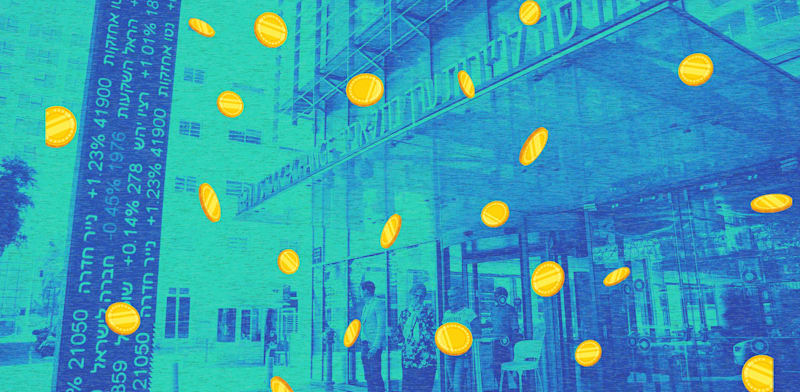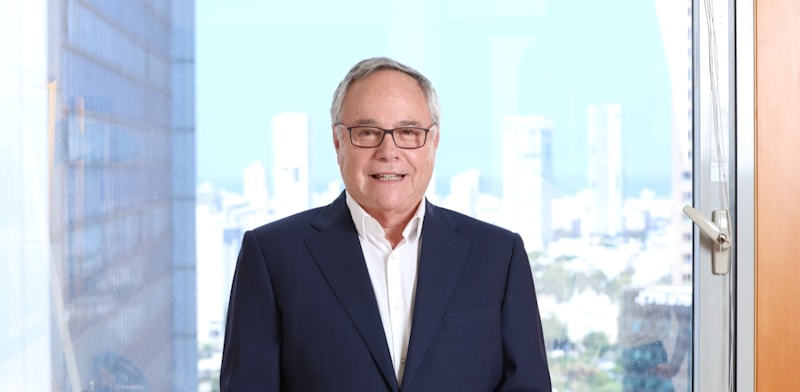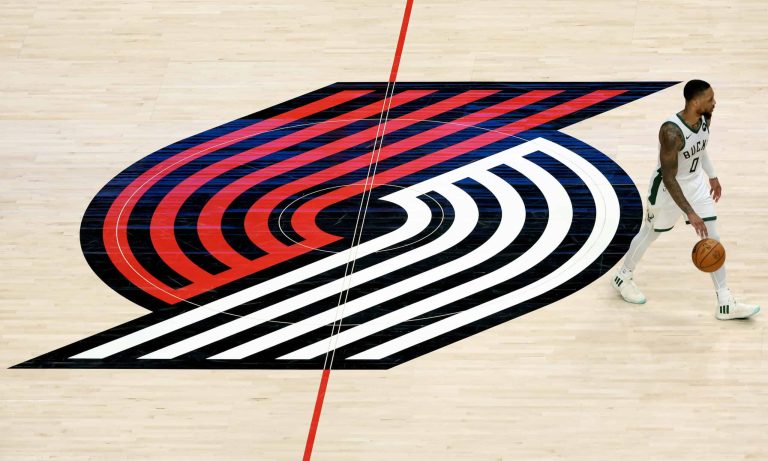Although there are five months to go before the end of 2025, one thing is already clear: it’s a record year for realization of shares by insiders at Tel Aviv Stock Exchange listed companies. According to “Globes” figures, during the year to date, parties at interest in companies traded on the local stock market have sold shares to the tune of more than NIS 9 billion, almost double the total for the whole of 2024. It’s fair to assume that by the end of the year the number will exceed NIS 10 billion. Up to now, the record year has been 2021, with sales by insiders totaling NIS 7.7 billion.
The wave of sell-offs reached a peak in June-July, when insiders sold shares to the tune of more than NIS 6 billion, against the background of the euphoria that lifted the local stock market following the apparent success of the war with Iran. Large sales were previously recorded in January.
The Tel Aviv 35 Index has risen by some 26% so far this year, and by 47% in the past twelve months. Some sectoral indices, particularly those of bank and insurance company stocks, have risen even more.
Large shareholders in a variety of companies, in finance, real estate, industry, and energy, have sold chunks of their holdings, while on the buyer side are financial institutions hungry for high-quality local stocks.
Energy and defense
Top of the sellers list this year is Aaron Frenkel, who has pocketed almost NIS 2 billion. In January, he sold Bank Leumi shares for NIS 1.4 billion, and in June he completed another mega-realization when he sold part of his holdings in the Tamar gas reservoir to the Azerbaijan State Oil Company (SOCAR). Part of the deal was the sale of shares in listed company Tamar Petroleum, for NIS 520 million.
After Frenkel for value of shares sold comes Zohar Levy, who, through Summit Real Estate Holdings, which he controls, sold his 16% stake in energy and retail company Paz Oil Company for NIS 1.1 billion (including options). Another big seller is foreign hedge fund Manikay Partners, headed by Shane Finemore, the largest shareholder in the Tel Aviv Stock Exchange itself. In two stages, the fund has sold shares in the stock exchange for NIS 730 million, giving it a large gain.
In fourth place is private equity firm FIMI Opportunity Funds, headed by Ishay Davidi. Since the beginning of the year, the firm has sold shares in four defense companies that it controls – Ashot Ashkelon, Orbit, TAT Technologies, and PCB Technologies – for a total of NIS 700 million. Altogether, FIMI has posted a gain of some NIS 2 billion on its investment in these four companies.
RELATED ARTICLES
Another big seller has been Shlomo Eliahu, who controls insurance company Migdal. So far this year, Eliahu has sold Migdal shares to the tune of NIS 440 million, amid a 60% rise in the company’s share price in this period that has given him a profit on paper of some NIS 4 billion on his investment in the insurance group. Also prominent are the controlling shareholders in construction company Amram Avraham, brothers Alon and Yoram Amram, who sold 10% of the company for NIS 300 million.
Have these insiders sold at the peak, presaging the approaching end of the bull market? Talking to local investment managers, we did not receive a clear-cut answer, even though all agree that the stock market in Tel Aviv is not cheap.
Yotav Costica, joint CEO and chief economist at More Mutual Funds, says, “In the end, you have to remember the point we came from. After 2022, which was a tough year for the markets, came the judicial reform program in 2023 and war in 2024. An almost three-year logjam was created in which large shareholders had no real ability to sell shares and realize profits.
“From September 2024 onwards, the stock market made up the gap that had opened up in previous years very rapidly, and so we are seeing many insiders selling holdings now. That is usually a signal that is not good for the markets, to see insiders selling holdings one after another. Presumably we are at the peak of a positive cycle on the capital market, in the investor euphoria phase.”
Costica adds that, despite the large rises, he still sees the pricing of stocks in Israel as sensible, even if not cheap. “We have returned to fair pricing in comparison with the world. The companies now need to continue delivering the goods. That is, Israel needs to continue to demonstrate economic strength, Israel consumers need to continue consuming, and high-tech needs to continue to be the economy’s engine.
“There’s no doubt that, at this point, the pricing is no longer cheap, but there are still interesting stories for the future. We can expect to see a strong second quarter for the banks and for the insurance companies, and in other sectors in which the financials will be very good, but the pricing is already completely fair.”
Lior Yochpaz, chief investment officer at Menora Mivtachim, thinks the financial institutions and the parties at interest in the companies see their investments from two different points of view. “I, as a financial institution, go into investment in a public company when it is built, good, and high-quality, and after it has been put into shape. In bad periods, controlling shareholders go into companies, fix them, and restructure their businesses. It can take them years, sometimes even decades. And then, when the company is in a good state, they sell shares. The sell-offs come when the market is in a good period. Today, the macro conditions are on the whole good, and the stock market in Israel is in a good place. It’s therefore natural that we should see insiders selling shares, among other things to financial institutions.
“Our view of our portfolio of shares in Israel is more like that of a private equity portfolio. Private individuals buy with a view to gaining 10-15% on a stock; I raise the price of a stock by that much by the very fact of investing in it. So we don’t look at the price of a stock that a private investors sees on the stock exchange. We go in for longer periods. What chiefly has a positive impact on sales at these prices is that these stocks are liquid.”
Itay Lipkovitz, CEO of Horizon Capital Markets, says, “The biggest sales this year have been in the financial sector, where there have also been the sharpest rises on the market. Controlling shareholders believe that the upside in the companies they own is lower going forward, which is what is driving all the sales.
“The controlling shareholders in Migdal, Harel, and Meitav have sold shares to the tune of hundreds of millions of shekels each, and that’s a natural move in the light of the sharp rise in the shares and in their p/e ratios. For example, Yair Hamburger, who sold shares in Harel, did so at a p/e ratio of 18 and price to book ratio 2.2, when the company is generally traded at a single-digit p/e ratio and an average price to book ratio of 1.”
Published by Globes, Israel business news – en.globes.co.il – on July 28, 2025.
© Copyright of Globes Publisher Itonut (1983) Ltd., 2025.









